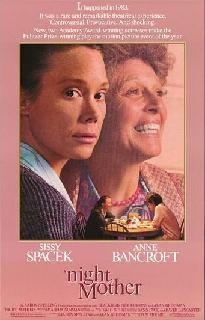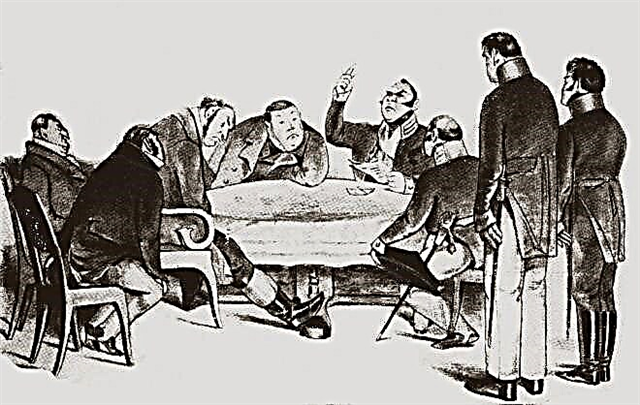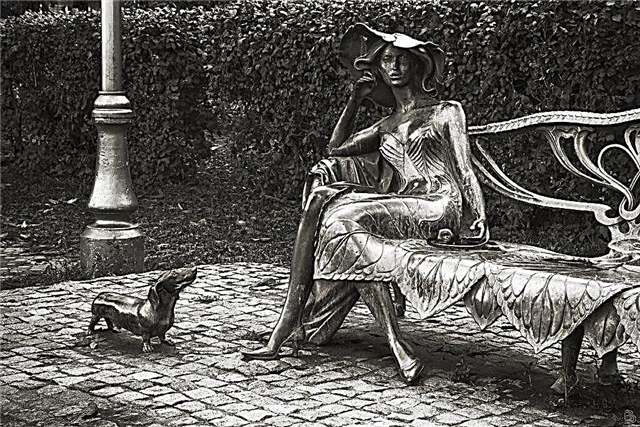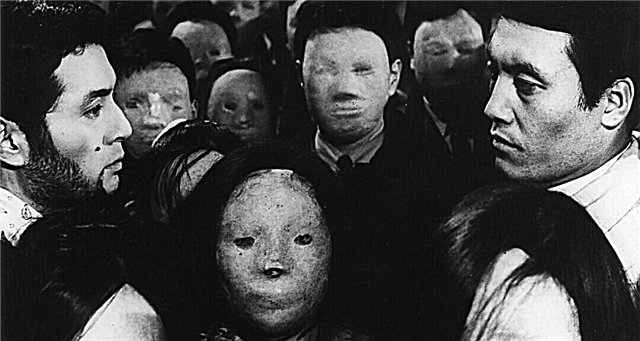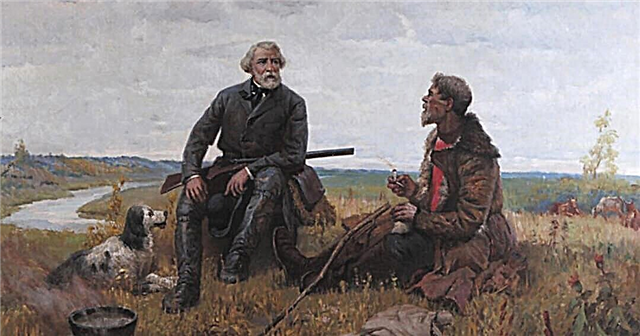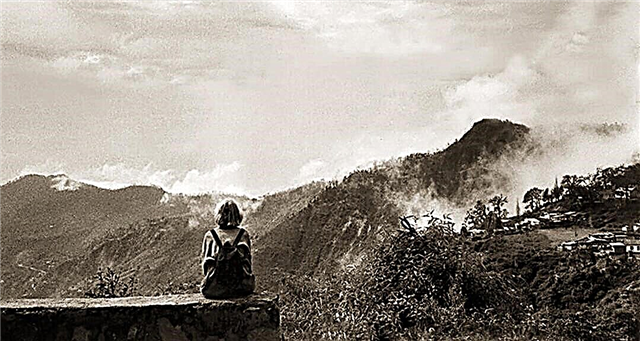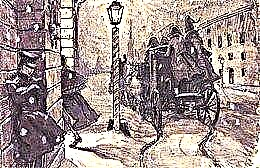That summer I rented a room in Aunt Olya’s small wooden house. Once she decided to plant flowers and asked me to loosen the ground in the flowerbed. Working with a shovel, I asked: why does my mistress never decorate a flower bed with poppies, because these are such beautiful flowers. Aunt Olya replied that she considered poppy not a flower, but a vegetable sown in the garden, along with onions and cucumbers. It blooms for two days - “it puffed up and immediately burned out” - and then its ugly poppy-tree spoils the whole view.
Despite the opinion of the hostess, I "still scattered a pinch of poppy in the very middle of the flowerbed." Aunt Olya weighed most of the poppy sprouts, leaving only three flowers to please a good tenant.
Then I went away on business and returned two weeks later. Aunt Olya treated me to homemade kvass, which her son Alexei, a pilot who died during the war, loved so much. A portrait of a young man in flight uniform hung in my room.
The flower bed meanwhile blossomed. Bright flowers adorned her, and poppies blazed in the center.
From a distance, the poppies looked like lit torches with live, flaming tongues blazing in the wind. ‹...› It seemed that if you just touch it, they’ll immediately scorch it!
Other "flower aristocracy" faded next to them.
Two days the poppies were flaming, and on the third day they bloomed. Aunt Olya thought: before, she had not noticed that the short, but bright flowering of poppies was like a different human life. I remembered that her son Alexei died by diving in his small fighter-hawk on a heavy fascist bomber.
Having moved to the other end of the city, I occasionally visited Aunt Olya. We drank tea at a table under a jasmine bush, and next to it was a flowerbed dotted with poppies. Some flowers have already showered, while others still just raised tight buds, "so as not to let the living fire go out."

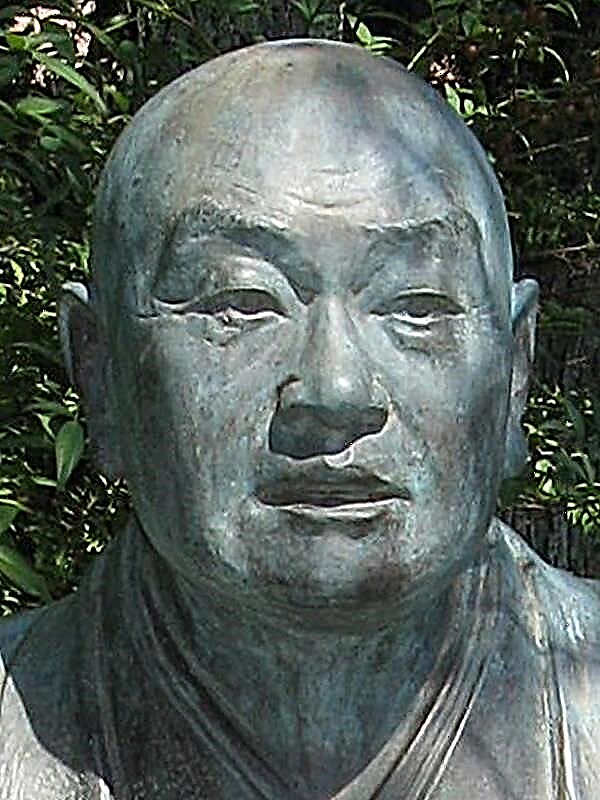
 New posts of Qi Xie
New posts of Qi Xie
